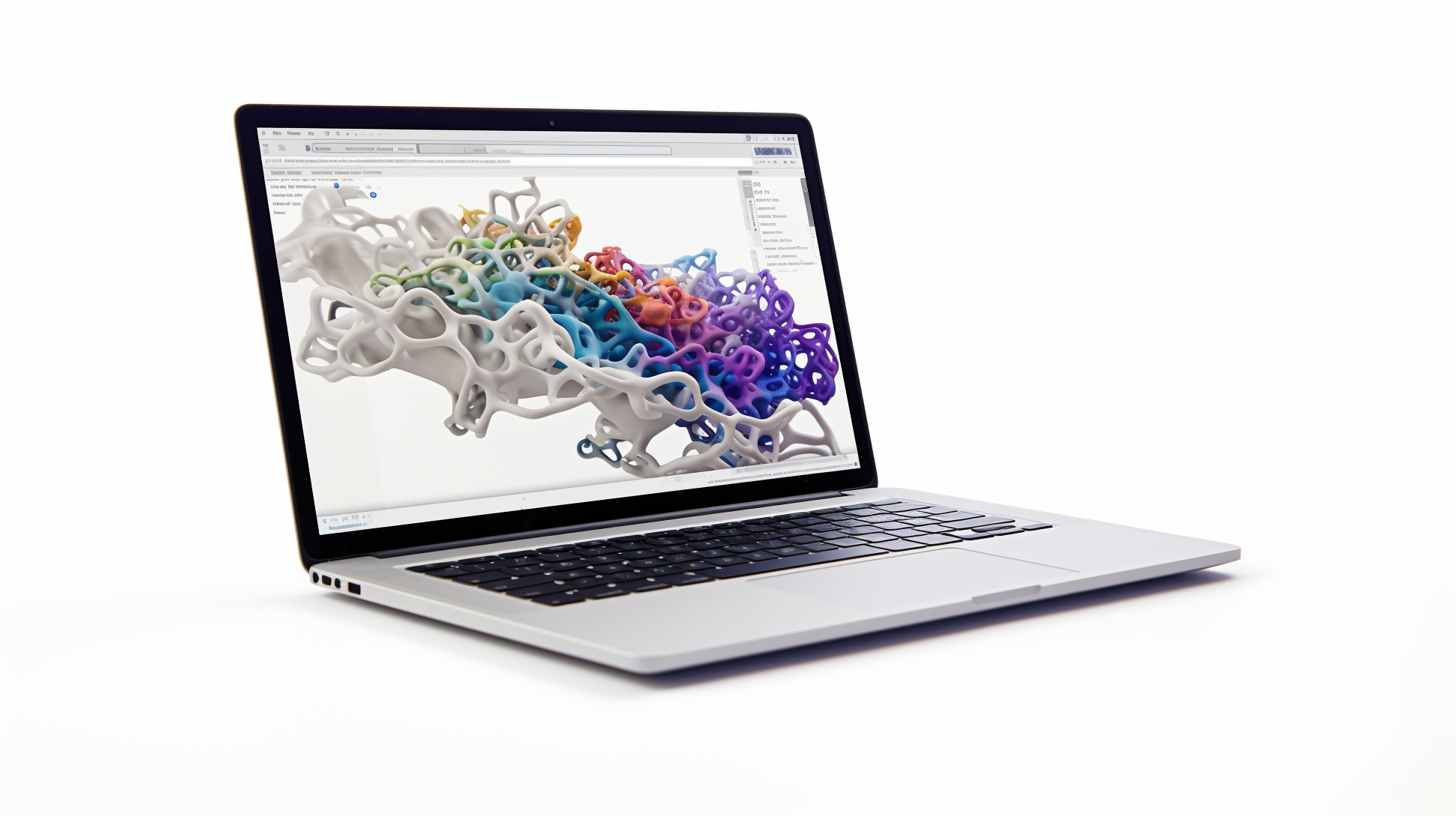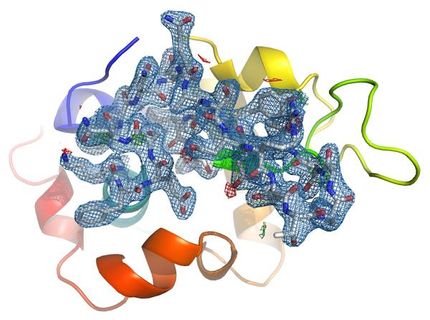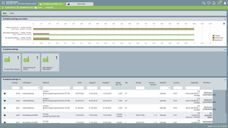Viscotek launches online bibliography of technical articles featuring GPC/SEC technology
Characterisation of natural and synthetic polymers, proteins and nanoparticulate materials
Viscotek has launched a new online bibliography of published customer articles featuring the company's high performance GPC / SEC systems being used to characterise natural and synthetic polymers, proteins and nanoparticulate materials.
Founded in 1985, Viscotek GPC / SEC detectors, software and systems are in daily use in 1000's of leading research, quality control and process development laboratories worldwide. Over the years Viscotek has built a reference list of several hundred customer technical articles covering applications of GPC/SEC technology, peptide and protein analysis, flow injection polymer analysis and dilute solution viscometry.
Visitors to the new online 'featured article' facility are now able to browse through a growing selection of summaries of the more recently published technical articles featuring Viscotek's market-leading GPC/SEC technology. Regularly updated with new customer articles the Viscotek featured article bibliography offers strong justification for book-marking and periodic revisits.
For further information please use contact button below.
Other news from the department research and development
These products might interest you
Most read news
More news from our other portals
See the theme worlds for related content
Topic world Protein analytics
Protein analytics provides a deep insight into these complex macromolecules, their structure, function and interactions. It is essential for discovering and developing biopharmaceuticals, understanding disease mechanisms, and identifying therapeutic targets. Techniques such as mass spectrometry, Western blot and immunoassays allow researchers to characterize proteins at the molecular level, determine their concentration and identify possible modifications.

Topic world Protein analytics
Protein analytics provides a deep insight into these complex macromolecules, their structure, function and interactions. It is essential for discovering and developing biopharmaceuticals, understanding disease mechanisms, and identifying therapeutic targets. Techniques such as mass spectrometry, Western blot and immunoassays allow researchers to characterize proteins at the molecular level, determine their concentration and identify possible modifications.
























































